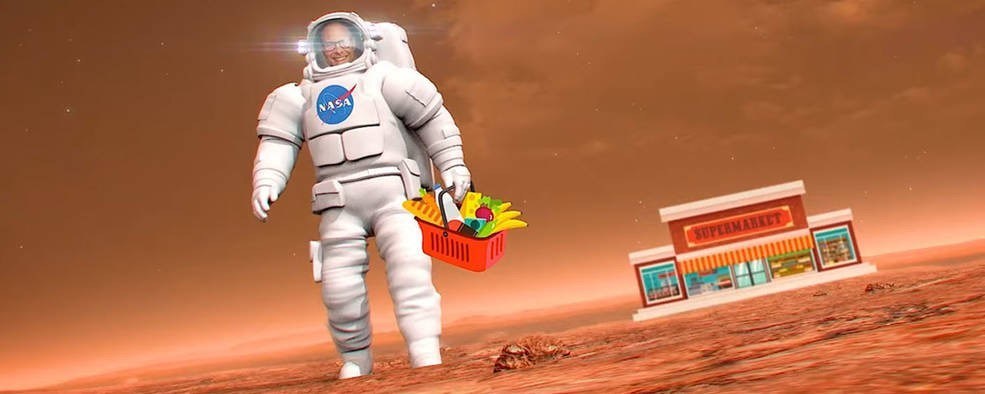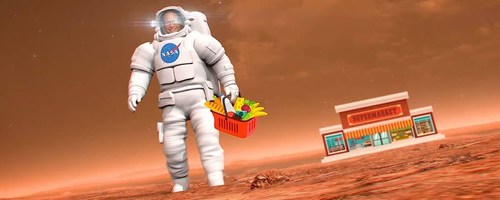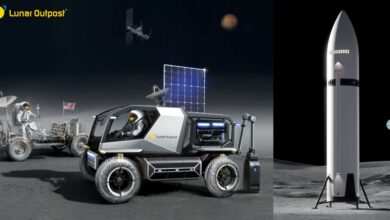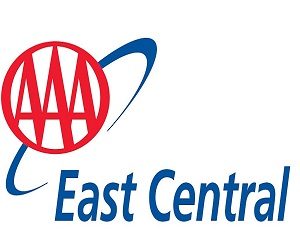Methuselah Foundation Joins NASA in Search for Innovative Ways to Feed Deep-Space Astronauts

Methuselah Foundation, the preeminent biomedical charity focused on extending the healthy human lifespan, is again working with NASA to encourage public collaboration to develop innovative, sustainable food production that can support space travelers.
As NASA makes plans to send astronauts to Mars in the 2030s, it must find ways to nourish deep-space crews that may spend years completing a round-trip mission. Existing food storage systems alone cannot provide the nutrition needed to keep astronauts healthy.

The agency is partnering with Methuselah Foundation to incentivize the creation of revolutionary ways to feed deep-space mission crews. The partnership will fund a $1 million Deep Space Food Challenge Phase 2, a competition that will reward teams that design, build and demonstrate prototypes of food production technologies that deliver tangible nutritional products.
“The Challenge is immediately focused on the needs of space travelers, but it offers promise for people who will never leave the earth’s gravity by developing efficient, more sustainable ways to produce food,” said David Gobel, the Foundation’s co-founder and CEO. “The mission is to find ways to make high-quality nutrition available to optimize human health – whether that’s in deep-space, an urban center food desert or a remote area ravaged by famine.”
Deep Space Challenge Phase 1, completed in October, rewarded teams for ideas that could feed astronauts on future missions. Phase 2 will require teams to create a food production technology, system, or approach that could be used to help sustain a crew of four on a three-year deep-space mission.
All the winning Phase 1 teams will automatically participate in Phase 2. However, the Challenge is open to new teams, who must register by Feb. 28. A parallel challenge is being sponsored by the Canadian Space Agency for Canadian teams.
About Methuselah Foundation
Methuselah Foundation is a biomedical charity established in 2001, and named after Methuselah, the grandfather of Noah in the Hebrew Bible, whose lifespan was recorded as 969 years. The Foundation’s mission is to make age 90 the new 50 by 2030. The organization has funded independent longevity research, underwritten several international competitions aimed at promoting scientific breakthroughs, financed dozens of companies and initiatives developing products to extend the healthy human lifespan and created or sponsored four other foundations and venture funds to promote the mission of extending healthy life. Methuselah holds 43% of Dogelon Mars ($ELON) cryptocurrency, the world’s first mission coin to promote nutrition and medical exploration on earth and in space. For more information about Methuselah Foundation, visit the Foundation website, or check it out on Twitter, Facebook, Instagram or LinkedIn. For more information about the Foundation’s relationship with Dogelon Mars and to download its Amicus Token Paper, visit www.elongevity.com.





